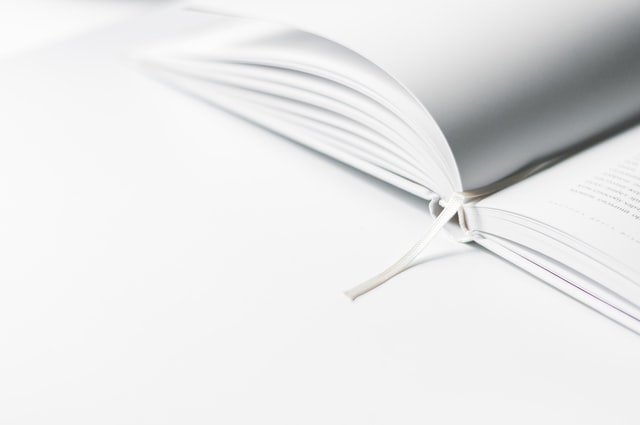Silent Spring is a book the environment written by Rachel Carson.
This book concentrated on the worry of pesticides that enterprises have been dumping (purposely and unconsciously) into water together with us as people. Carson was worried that the chemicals involved ranchers would spread on their fields, and even the synthetic substances that we use in our homes, may in the long run return and hurt us. The book was made on September 27, 1962, showing the effects of unpredictable pesticide use on nature. Carson blamed the chemical business for spreading disinformation, and open authorities of surely embracing industry showcasing claims. It has come to a certain extent that what Carson is saying about the environment has become ultimately true. In this conclusion Carson states that insect control has become a huge business, between natural fixtures and chemical fixtures, the world of insect control has become a game to all. There have been so many solutions and there still are so many solutions being made to help this industry out.
Silent Spring begins a natural development in the environment by advising people in general regarding the threats of pesticides, which causes a move in sees towards pesticides and the damage they do to the earth. The conclusion of this book leaves an enduring impression about the significance of nature and how individuals have solidly affected birds and bugs with the utilization of toxic substances. She utilizes a wide scope of logical gadgets to express what is on her mind and to strike the feeling of guilt in her audience. This passage examines the hurtful impacts toxins and pesticides have on honest untamed life, and how authority figures have the ability to allow these things to occur or forestall them. With the utilization of different stylistics, Rachel Carson effectively controls her readers’ feelings, so they see things how she sees it. This passage also talks about the modernization of pesticides.
At the beginning of the passage it is already stated through her first sentence that this passage is an expository passage. An expository passage is an informational text that provides information that has evidence and facts behind it. During this passage Carson really emphasizes the importance of how many people and labs have tested so many pesticides to find one that can be healthy for the plants. She also talks about the importance of research and science and how a small chemical can completely help the face of our economy just by making a chemical that is helpful to all. The most important part of this passage, and most expository part is when Carson talks about an approach to pesticides that will make only infertile insects till all insects are extinct. Nobody truly focuses on that one receipt they drop or drink they would they be able to toss out of their vehicle. Include that one bit of junk to every individual on the planet and it indicates an expected 7.4 billion bits of garbage. The vast majority of that trash winds up in the streams, lakes, and seas. The contamination that winds up in the waters and on the seashores hurts everybody and everything from creature life to people on the seashore and even business around those zones. People have made it difficult for creature life to live calmly as they should. People don’t truly understand how much pesticides can truly hurt our planet. Carson really emphasizes in the conclusion how important it is to find a naturally well-off solution for insect control.
Carson’s emotions really come out in the last part of the book. One can see that through her use of poignancy. She is very poignant when talking about this concluding passage. She knows she captured her audience’s attention and at this point she is just trying to restate what she feels in a nicer way with also hurting the insect industry. She continues to recount the statistics and facts involved in this reading. She included feelings composing in her book, logos as well, by giving her arguments sponsored data. Using these methodologies induces aversion in the person coordinated towards passing such enormous numbers of guiltless creatures. Carson is now posing an expository inquiry ‘And what of people?’. Its use towards the beginning of the third section raises high concern for humans evolving and prospering, further promising her crowd to peruse on.
